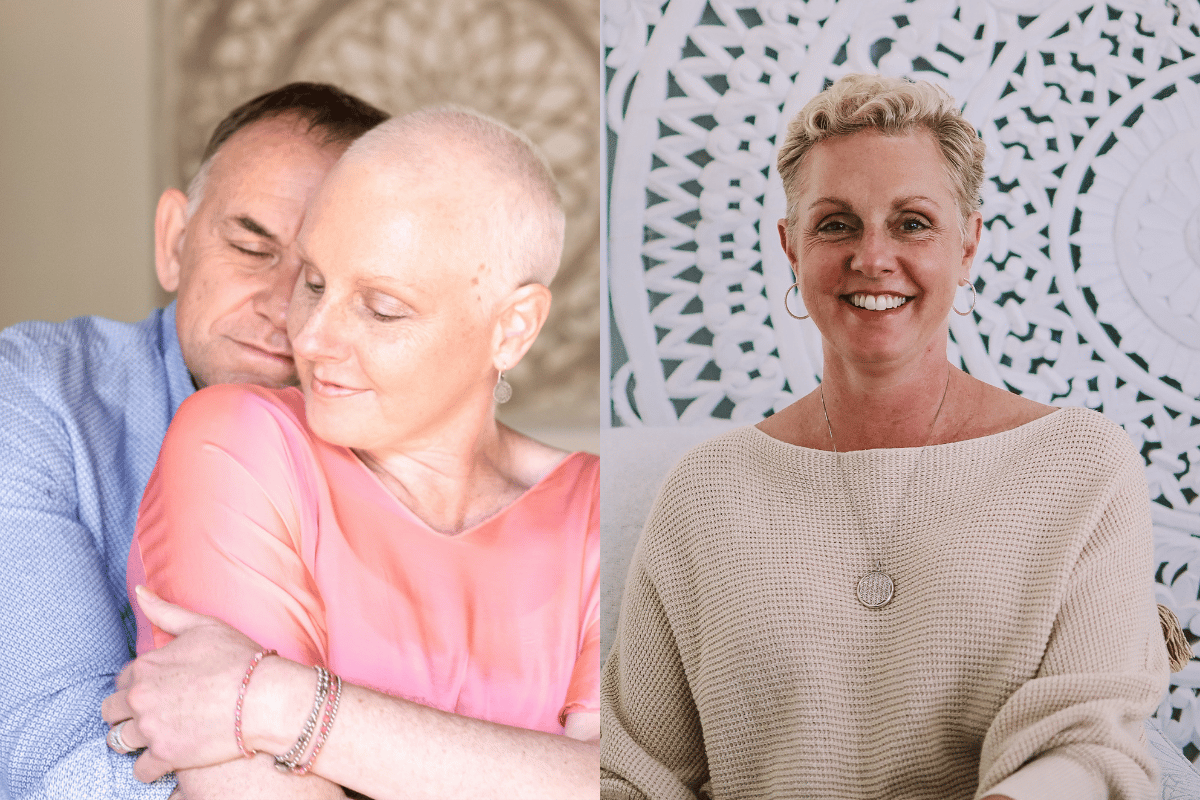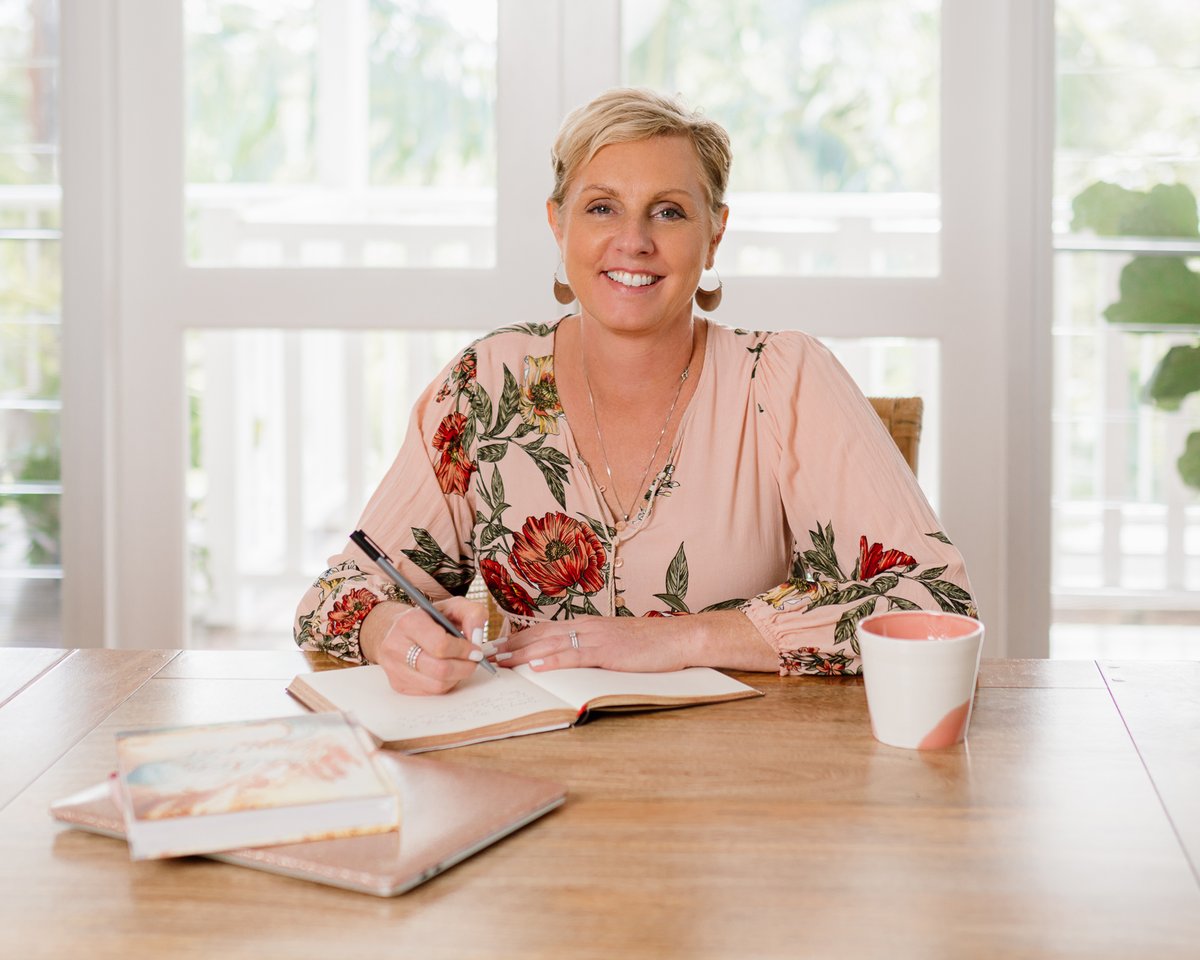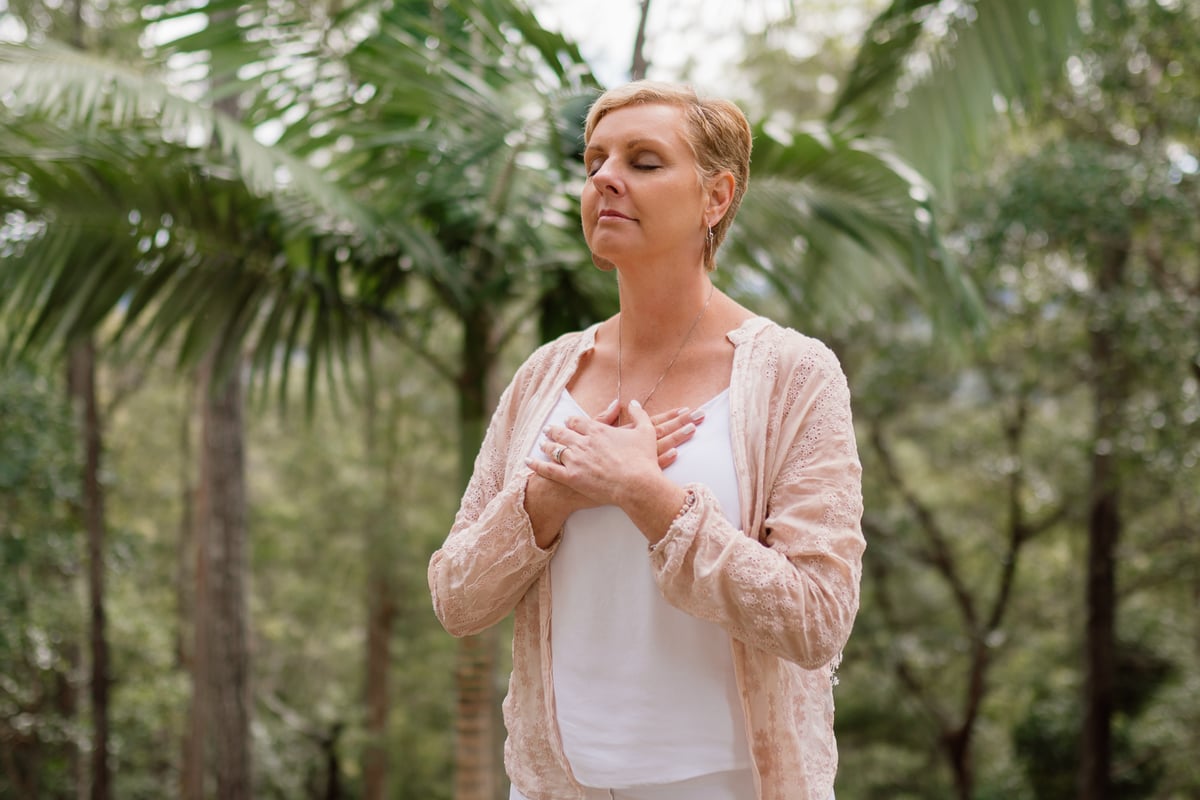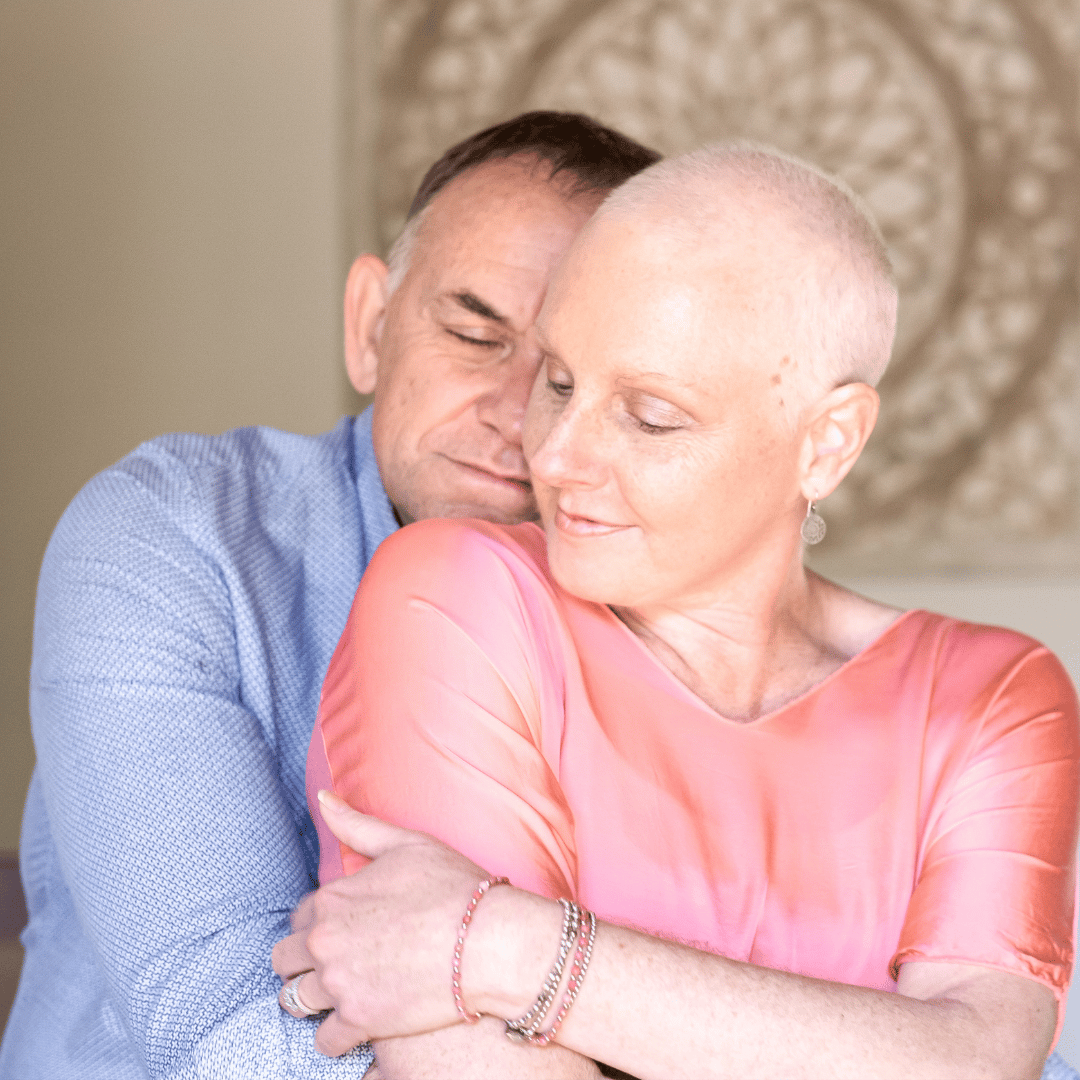
This post discusses sensitive topics and may be triggering for some readers.
I don’t think I heard a word after she said, ‘You have cancer’.
As my husband and I sat across from my breast surgeon, I’m pretty sure I went straight into shock. The world continued to spin on its axis but it was as though everything around me went blurry and out of focus.
As I reflect back on that day, there are so many things I wish I’d known then. The kind of things you can only glean through experience and time.
Watch this how-to on checking your breasts. Post continues after video.
I'm fortunate to have come 'out the other side' of cancer, alive but not unscathed.
I would’ve loved for a woman who had traversed this path before me to somehow infuse her wisdom and learnings into me so I might navigate this bumpy, uncharted territory with a little more ease and grace.
There are a few things I wish I’d known when I was diagnosed with cancer. Here are 12 of them:



